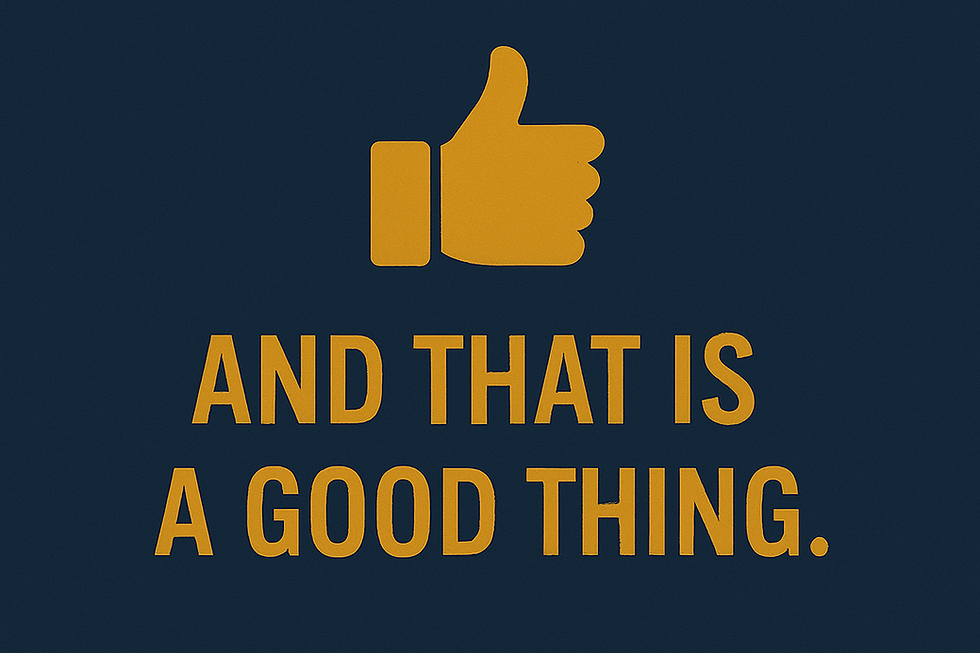Heather Cox Richardson Is on My Watchlist—And That Is a Good Thing
- john raymond
- Jul 24
- 2 min read

It sounds ominous, I know. “Watchlist” evokes intelligence dossiers, ticking clocks, and red-string conspiracy boards. But in this case, the opposite is true. When I say Heather Cox Richardson is now on my watchlist, I mean it as high praise. She's joined a small but growing roster of analysts and thinkers who I consider essential viewing—not because they always get everything right, but because they’re asking the right questions, reading the right signals, and giving shape to the chaos that defines our moment.
Richardson’s recent commentary on Tulsi Gabbard's outrageous White House podium performance—the public laundering of Russian intelligence under the seal of U.S. authority—was a defining moment. Her shock was not performative. Her disbelief was not naïve. It was the precise kind of moral jolt we need more of: a scholar with a deep understanding of American history sounding the alarm when history turns against itself.
But Richardson is not alone on the list. She joins a constellation of valuable voices—each different, each flawed in their own ways, but each offering a perspective we desperately need.
Vlad Vexler remains, by a wide margin, the most important and wisest voice on the internet right now. Period. His ability to frame the crisis of liberal democracy as a philosophical and psychological unraveling, rather than a mere failure of institutions, is unmatched. He sees the sickness in our civic soul—and he doesn’t just describe it. He diagnoses it. Where others analyze headlines, Vlad dissects the human condition inside political collapse. If Richardson brings the historian’s alarm bell, Vexler brings the moral x-ray.
Anders Puck Nielsen brings a rare military-hardened clarity to strategy and logistics. His insights into force readiness and operational tempo have helped even civilian observers understand how Ukraine, NATO, and Russia are maneuvering in real time.
Jake Broe, ever hopeful but increasingly hardened, offers digestible updates that thread morale with military reality. He’s come a long way from YouTube optimism to the realization that, yes, we are living through a world war—and he says it plainly.
Paul Warburg cuts through Kremlin propaganda with a historian’s blade and a satirist’s sting. His ability to unpack Russian lies—especially the old, undead kind—is invaluable for keeping the conversation grounded.
And then there’s William Spaniel. A game theorist, sharp and clean in his modeling, still operating a little too much within conventional assumptions—but I hold out hope. Because if Spaniel ever truly internalizes the principles of asymmetric warfare, if he ever grasps that strategic actors like Trump and Putin are not just irrational but performatively irrational to exploit insecurity and information fog—he will become a lethal asset for the truth. The math is there. The intent just needs calibration.
And now—Heather Cox Richardson. Historian. Substacker. Voice of moral outrage precisely when it's needed. She sees the treachery. She sees the patterns. She knows the precedents. She calls it out without flinching, and when she says something it lands because it’s rooted in decades of scholarship, not a fleeting social media churn.
So yes—she’s on my watchlist.
And that is a good thing.
Because we are in a war where clarity is rare, courage is expensive, and the lies are loud. We need more voices like hers. And more people listening.






Comments